COLLECTABLE STORIES: EVERYTHING TASTES STRANGE TODAY
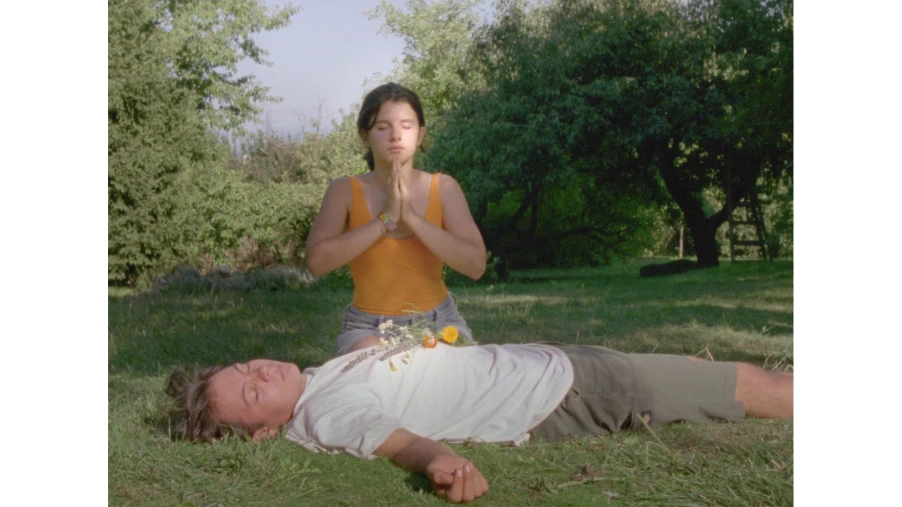
EVERYTHING TASTES STRANGE TODAY
Short Talk with Kristina Spassovska (director)

Bulgaria / 2023 / 11’50’’
BEST FICTION FILM Category
21st IN THE PALACE International Short Film Festival 2024
Synopsis: A twelve-year-old girl and her brother are play-fighting in their family house's idilic garden, in the outskirts of Sofia city, on another endless, hot, summer day. This time, however, something between them suddenly shifts. The film captures on 16mm the firstencounter of a young girl with her feminine nature and desires.
Biography: Kristina Spassovska is a Bulgarian writer-director, born in Geneva, Switzerland. She graduated from EICAR, Paris, with her short film Motherland, selected for the Zagreb FF and the Sofia FF, and won the Film Critics award at the Kutaisi FF.Kristina is a Talent Sarajevo alumni, currently in postproduction of her next short The Reptiles and in development of her debut feature 40, Maria Luisa Blvd., both funded by the Bulgarian National Film Center.
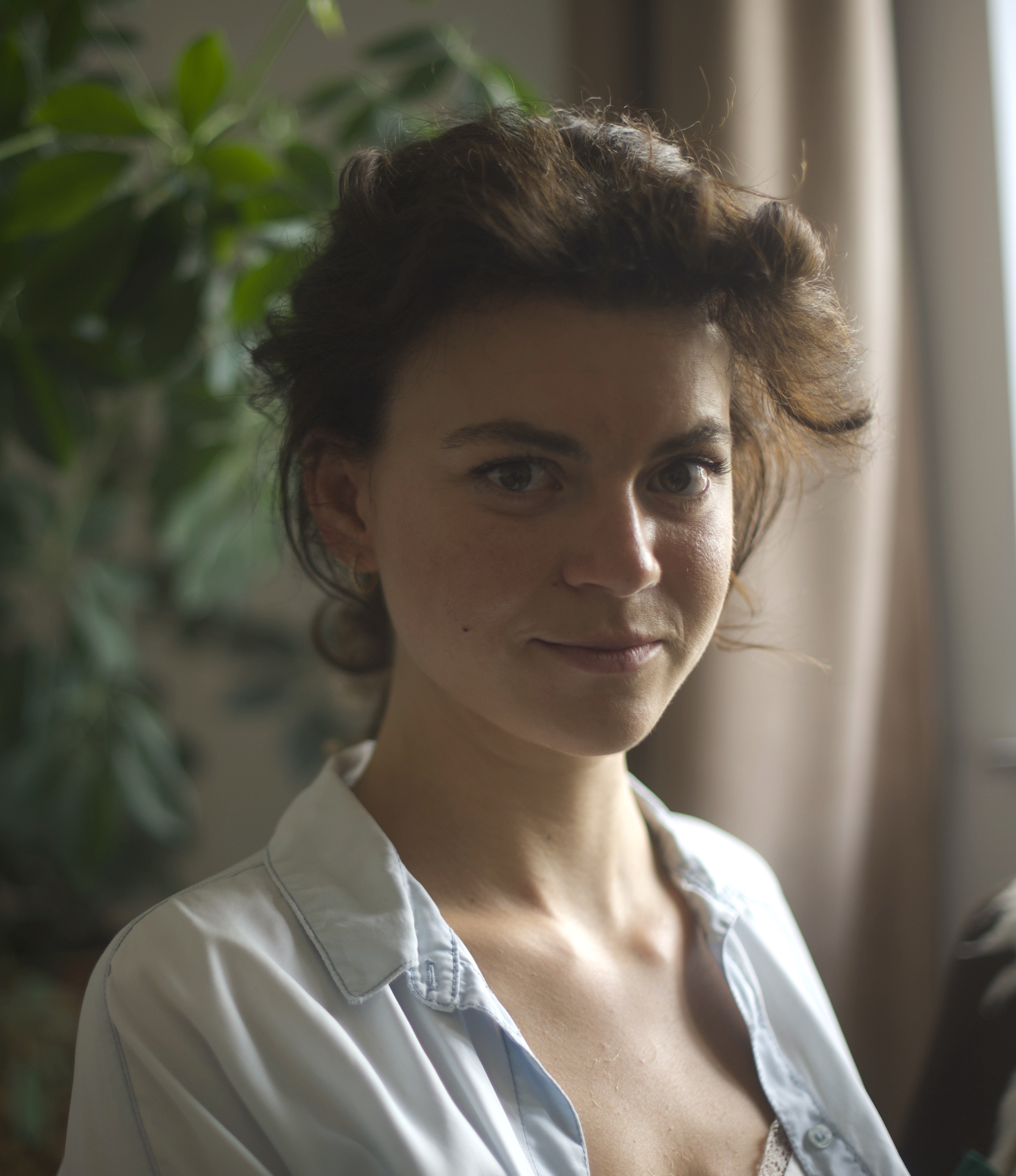 Kristina Spassovska, director
Kristina Spassovska, director
Neda Valcheva (author): Are you excited about showing your film to the Bulgarian audience?
Kristina Spassovska (director): This is the first time I am screening the movie and I am happy to share it with my friends here.
Neda Valcheva: Can you tell me more about the title of the movie, because as well as it fits the film very well, at the same time it does not.
Kristina Spassovska: The title is something that first came up to my mind one morning when I woke up. Actually, the house that we shot the film in, is the one in which I was living as a child with my family. One day I woke up and I had this thought in my mind: Everything tastes strange today, what a great title!
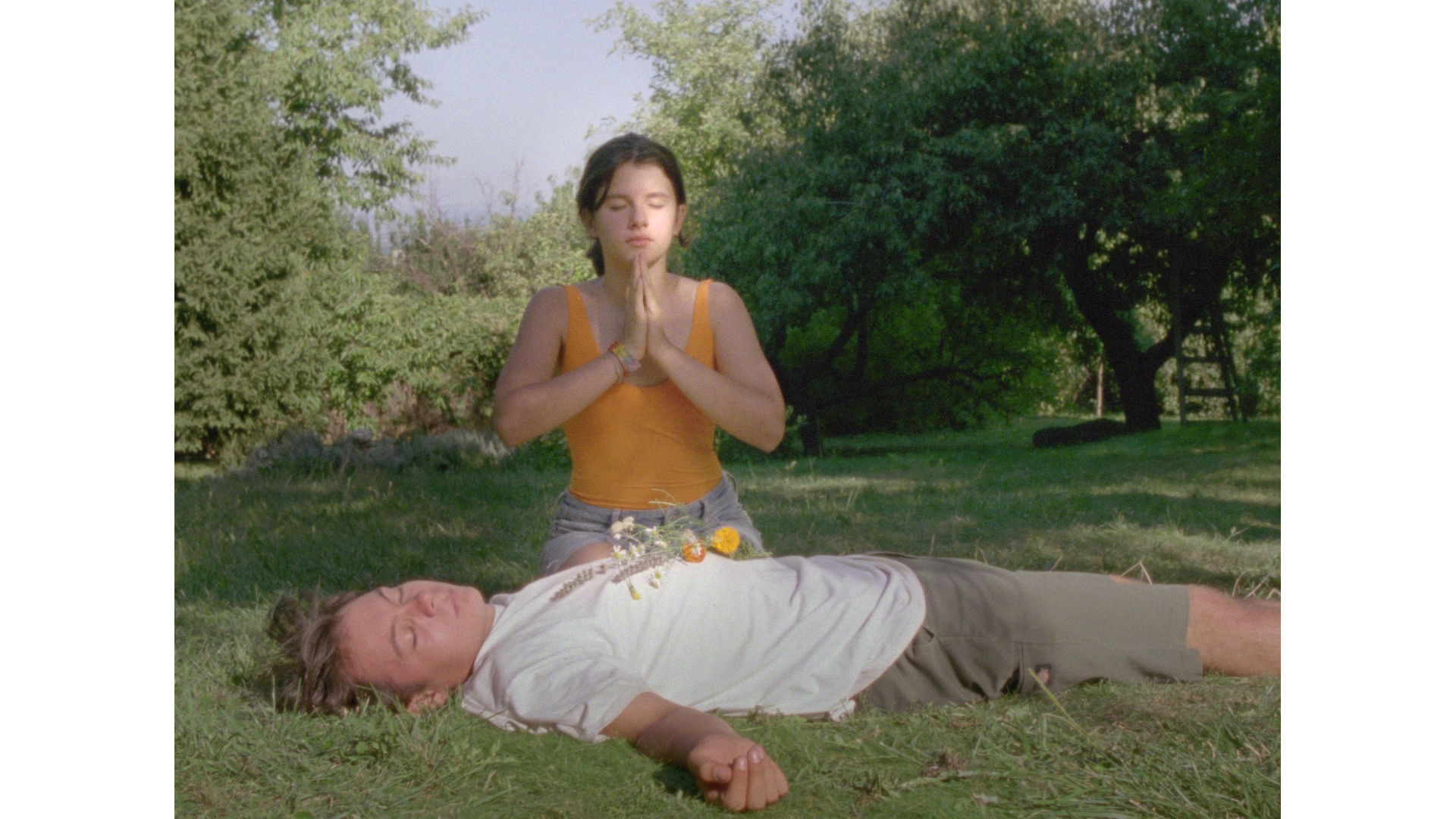
Neda Valcheva: Tell us about the exact ideas that you put all together in order to form it into a film.
Kristina Spassovska: It is more like the way you fantasise, the way you dream, because sometimes you have an idea and then another idea comes as association. It was a long time of thinking about how to be constructed as a story. It is more like an impression and experience that I had, while growing up in this house with a garden with my brother and the way I felt as a child. I discovered nature there, because we moved there when I was only 8 years old and before that I was living in an apartment in Sofia. I remember when we moved to the house with my family, it was a big discovery for myself, how I felt with all the colors around me and with my inner emotions, movements and desires. I thought that, maybe, it should be something more of this in my film: the experience of a child. You know when you are a child how something little happens, but it has such a huge impact on you and you do not understand it. It is not something you are rational about, rather it is something that you experienced, but could not talk about with your siblings, because you do not have the words for it. This is what my main character goes through: understanding herself better, overcoming her fears and also feeling that emotion, when you are the younger child. You have an older sibling and it is all about him, because he is your guardian in a way and you seek his attention. While me and my brother were growing up, quite separate from other children, for some reason it was only the two of us, it was our little world, when we were together and we spent so much time alone. But, of course, you grow up, so my character discovers how to be alone.
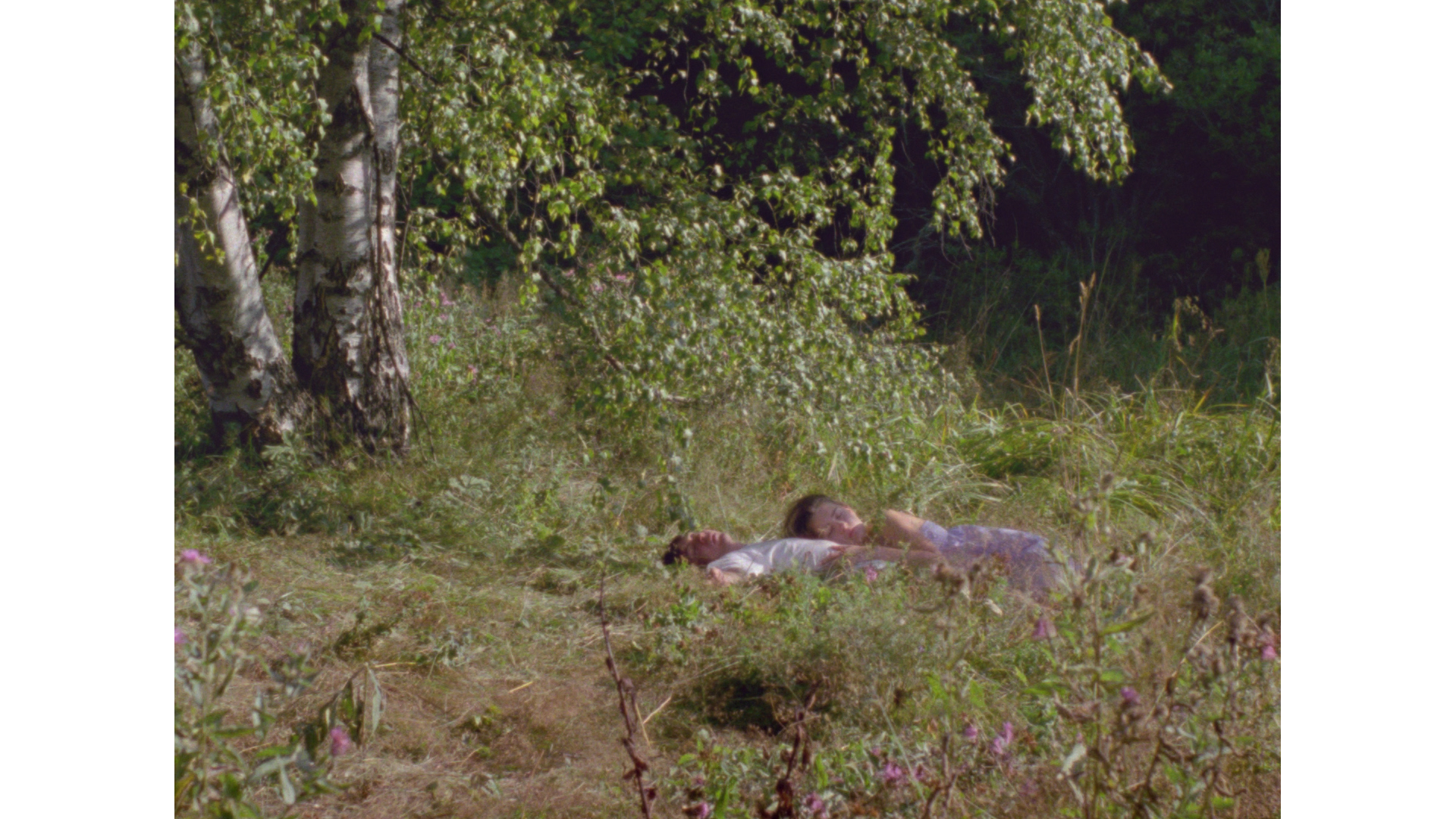
Neda Valcheva: From the shared space to a private world.
Kristina Spassovska: Yes, and if it is funny how in the film the sister buries his brother, she is like “click” and he is gone, this is so funny. I wish I had done it to my brother when I was younger.
Neda Valcheva: Maybe this idea could be for another movie. The whole film is so beautifully shaped, what was the shooting format that you used?
Kristina Spassovska: It is shot on 16 millimeters lens, which is a very restricted and challenging format for filming, but I think it was worth it and that it is beautiful to shoot with.
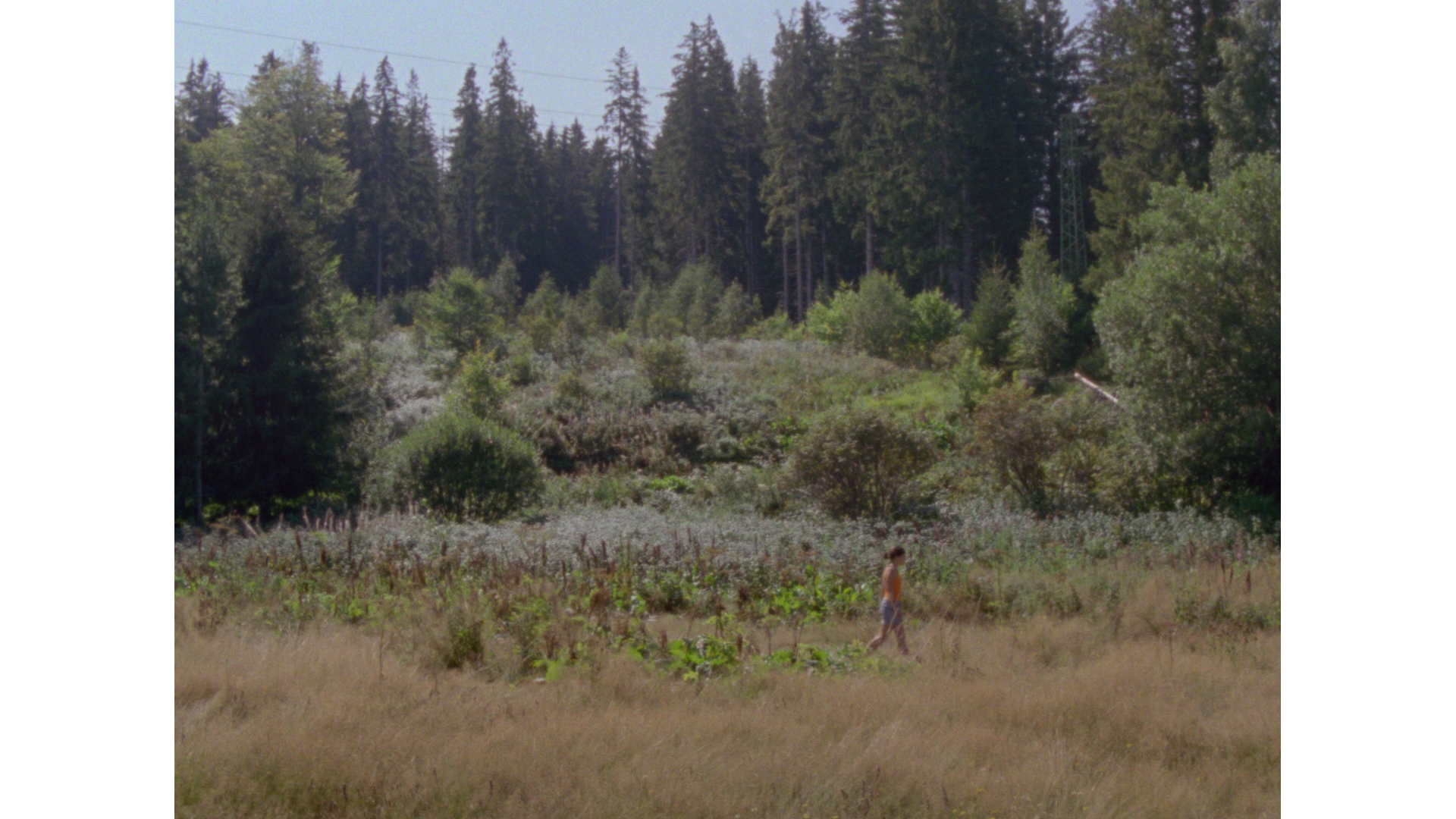
Author's take (Petar Penev):
After watching the Bulgarian short Everything Tastes Strange Today, the central emotion that lingers is a sense of longing. The protagonist, a 12-year-old girl, experiences a deep sense of yearning for connection, affection, and reassurance: feelings which stay with you long after the screening.
The general sense of dissatisfaction with life: that it is not enough as it is, that there is more to it but we are unable to experience it to the full, is perhaps one of the most universal aspects of the human condition. It is something which everyone feels at least once in their life. For a child, this sensation must be even more crushing. She is too small to confront and resist the world around her. As life moves on without her, seemingly mocking her, the only choice is to escape the pain and search for something to grasp hold of. to. The film’s message is simple: love and connection are out there, sometimes in the most unexpected places. Keep looking, and keep your faith close to you.






